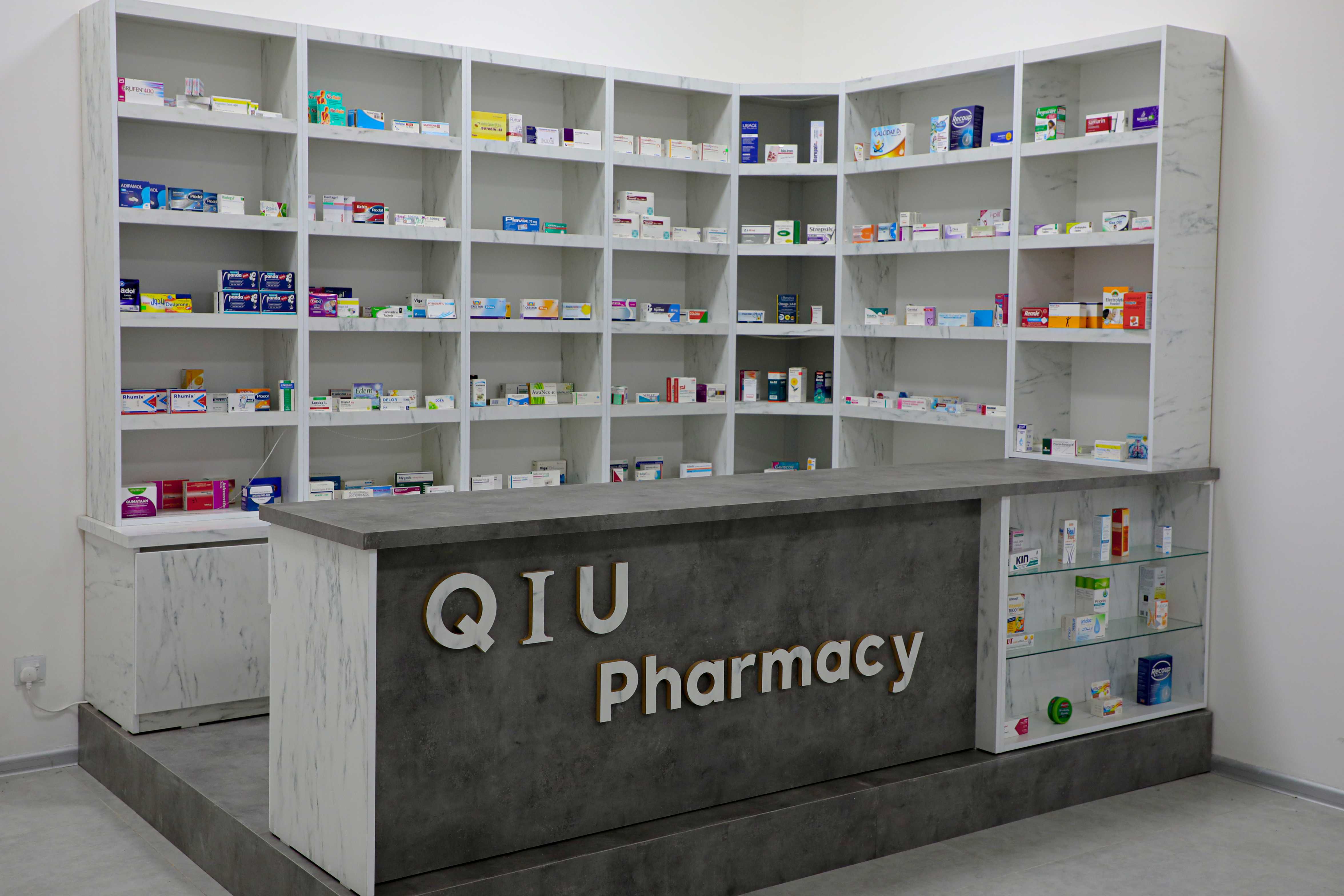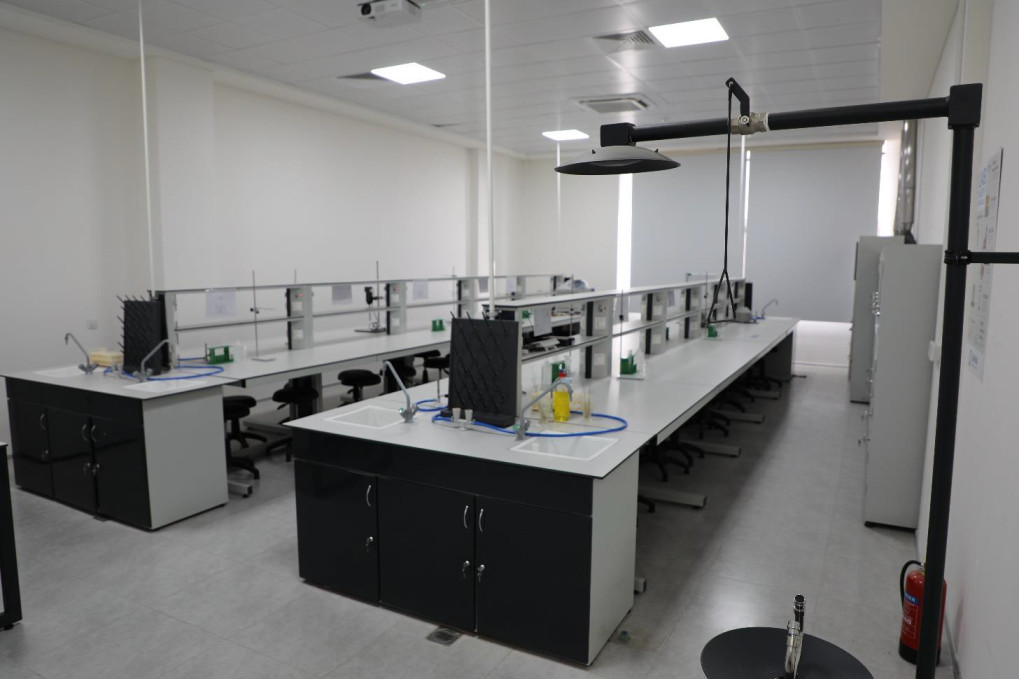The faculty provides a full-time, five-year educational programme leading to a Bachelor of Pharmacy degree. Its primary goal is to provide undergraduate students with the knowledge, skills, attitudes, and abilities required to practice pharmacy effectively in a variety of settings, including community pharmacies, hospitals, pharmaceutical industries, research centers, academic institutions, forensic labs, the cosmetic industry, and governmental health institutions. For the purpose of preparing students for licensure as pharmacists, the programme encourages students to be self-directed and lifelong learners and provides them with the necessary practical training.


| 1 | Awarding Institution | Universiti Teknologi MARA (UiTM) |
|---|---|---|
| 2 | Teaching Institution | Qaiwan International University |
| 3 | Programme Name | Bachelor of Pharmacy |
| 4 | Final Award | Bachelor of Pharmacy |
| 5 | Programme Code | PH240 |
| 6 | Professional or Statutory Body of Accreditation | Ministry of Higher Education |
| 7 | Language(s) of Instruction | English |
| 8 | Mode of Study (Conventional, distance learning, etc) | Franchise |
| 9 | Mode of Operation (Franchise, self-govern, etc) | Franchise |
| 10 | Study Scheme (Full Time/Part Time) | Full Time |
| 11 | Study Duration | Minimum: 5 years |
| # | Classification | Credit Hours |
|---|---|---|
| 1 | University Courses | 18 credits |
| 2 | Faculty & Programme Core | 110 credits |
| 3 | Programme Electives | 16 credits |
| Total Credit Hours to Graduate | 144 credit hours | |
The Programme Educational Objectives (PEO) of the Bachelor of Pharmacy are:
PEO (1). Graduates with competency to work in hospital and community pharmacy.
PEO (2). Graduates with leadership positions in the industry and company sectors.
PEO (3). Graduates embrace professional development through practice and life-long learning.
PEO (4). Graduates who conduct their professional work ethically and contribute towards societal responsibilities.
| # | PLO | |
|---|---|---|
| 1 | Equip students with comprehensive knowledge of pharmaceutical sciences and practices. | |
| 2 | Foster the development of essential skills required for effective pharmacy practice in various settings. | |
| 3 | Instill a strong sense of ethics and social responsibility in aspiring professionals. | |
| 4 | Promote a culture of innovation, evidence-based practice, and interdisciplinary collaboration. | |
| 5 | Provide students with cutting-edge research opportunities and exposure to advanced technologies. | |
| 6 | Empower graduates to excel as compassionate and impactful pharmacists and pharmaceutical scientists. | |
| 7 | Prepare students for diverse career paths in community pharmacies, hospitals, research centers, and more. | |
| 8 | Encourage a mindset of lifelong learning and continuous professional development. | |
| 9 | Engage in community outreach and address emerging health challenges. | |
| 10 | Align with global healthcare advancements and contribute to the improvement of patient outcomes. | |
QIU © All Rights Reserved | by QIU IT-Office | @ 2022 QIU University